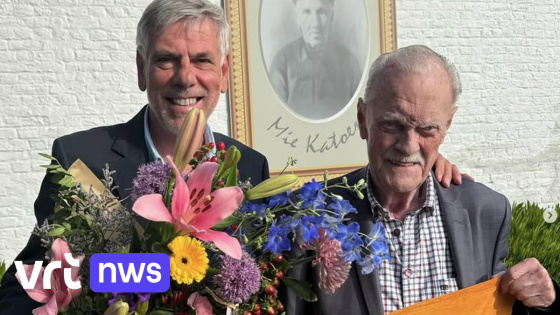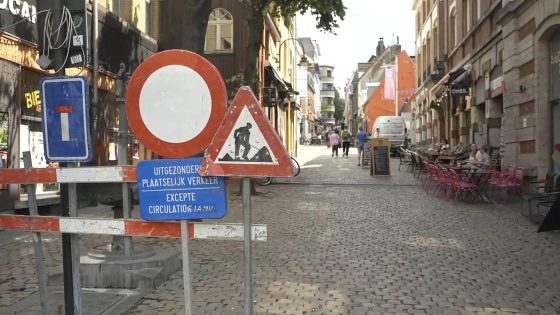Antisemitism in Belgium remains a pressing issue, sparking debate among political voices and community leaders. On 2025-05-27 16:47:00, discussions intensified following remarks by N-VA councilor Michael Freilich, who highlighted that antisemitism is not limited to one demographic.
- Michael Freilich highlights diverse antisemitism perpetrators
- Van Rooy links antisemitism to young Muslims
- Older white men also commit antisemitic acts
- Regina Sluszny critiques VB's ideological basis
- VB accused of flirting with fascism
- VB supports Jews but harbors revisionism
Freilich challenged common narratives by pointing out that while young Muslims are often mentioned in relation to antisemitic acts, older white men can also be perpetrators. Meanwhile, FJO chair Regina Sluszny criticized the Vlaams Belang (VB) party for offering what she calls “strategic support” to the Jewish community, warning that this masks an underlying ideology linked to fascism and historical revisionism.
How can Belgium effectively address the multifaceted nature of antisemitism? And what role should political parties play in shaping public perception? These questions remain central as the debate unfolds.
Understanding antisemitism in Belgium requires looking beyond stereotypes and acknowledging diverse sources of prejudice. Is society ready to confront uncomfortable truths? Key points to consider include:
- Antisemitism affects various groups, not just young Muslims.
- Older white men are also identified as perpetrators in some cases.
- Political parties like Vlaams Belang offer selective support that may conceal problematic ideologies.
- Community leaders stress vigilance against fascist and revisionist tendencies.
Moving forward, Belgian society must foster open conversations and hold all actors accountable to combat antisemitism effectively. Will political leaders rise to this challenge and promote unity over division?





























